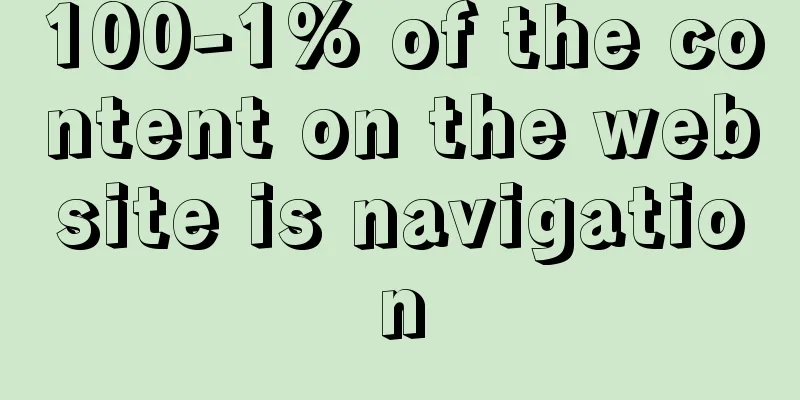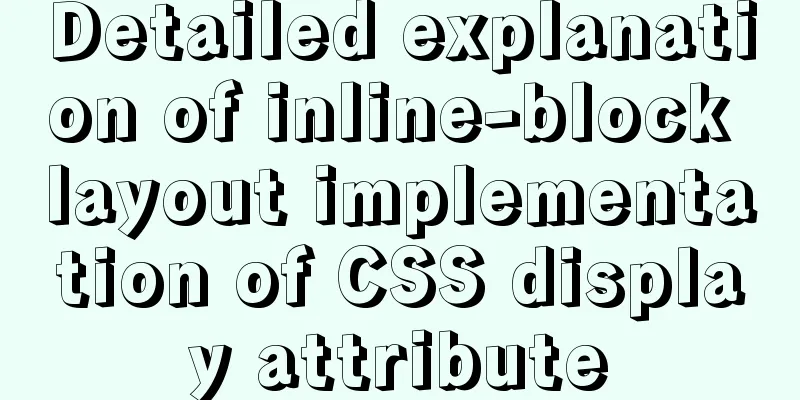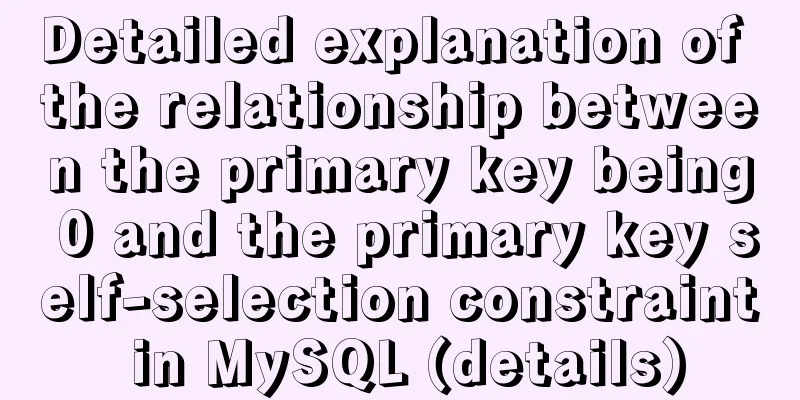100-1% of the content on the website is navigation

|
Website, (100-1)% of the content is navigation 1. Jesse James Garrett mentioned multiple navigation systems in his book “The Elements of User Experience”: global navigation, local navigation, auxiliary navigation, internal link navigation, and friendly navigation. But I think that is not only that, "search", "classification", "site map", "content introduction" and so on are just different navigation methods. 2. The value of a website is "it can help users complete a task and get a certain experience." What the website needs to do is to better guide users to complete tasks and ensure that users have a good experience in the process of completing tasks. In a sense, it can be said that what a website does from beginning to end is "navigation", and only the final result is "content". 3. Therefore, the “one hundred percent minus one” of website design is navigation design. The website experience and the “process of completing the task” are actually “navigation experience”. Therefore, in design, we are always thinking about "how to let users complete this task better", "how to better guide users to complete this operation", "how users are used to doing this thing",... Page, (100-1)% of the content is navigation 4. Psychologist Professor John Crade once summarized seven fears of human beings, the fifth of which is "fear of thinking". People need simple and obvious answers rather than more and richer options. When summarizing the Whitewater incident, Americans said: "If you complicate the scandal, you can escape guilt." Similarly, I want to say: if you complicate the page, you can make your users lose their way. 5. In fact, any page of the website only needs to accurately convey "one" message to the user. In fact, a page can only convey "one" message to users, and other information only has "guiding" significance. 6. Therefore, on any page of the website, "one hundred percent minus one" content is navigation. 7. In addition to telling users "what kind of feeling this website is" (this is often expressed "invisibly" rather than directly presenting content), everything else on the homepage is for "guidance". It can be assumed that 100% of the content on the website’s homepage is navigation. Navigation is not the more detailed the better 8. Often, the principle we follow when designing “auxiliary navigation” or “friendly navigation” is this: if the designer finds that the user may need to perform operation B when browsing information A, then they will try to “let the user quickly know “how to perform operation B””. Of course, “let users know quickly” may also mean “place operation B in an obvious location on the page.” However, direct placement is often not an option because there are too many “possible demands”. 9. A research report shows that Oriental people are relatively lazy in thinking when operating websites, and they are particularly prone to "fear of thinking"! Simply put, when Oriental people are browsing information A, if they need to perform operation B, they generally believe that "operation B should be clearly placed somewhere on the page, otherwise the design is not good." Therefore, we often see that the design of many websites violates this principle and places a lot of "auxiliary navigation" or "friendly navigation" on the page. The result is as I said above: if you complicate the page, your users will be confused. |
<<: Detailed process analysis of docker deployment of snail cinema system
>>: html page!--[if IE]...![endif]--Detailed introduction to usage
Recommend
MySql5.7.21 installation points record notes
The downloaded version is the Zip decompression v...
Solve the problem that vue project cannot carry cookies when started locally
Solve the problem that the vue project can be pac...
Installation of various versions of MySQL 8.0.18 and problems encountered during installation (essence summary)
Summary: Problem solving records of MYSQL: No mat...
How to implement communication between Docker containers
Scenario: A laradock development environment (php...
Solution to "No such file or directory" in locale after installing glibc-2.14 in CentOS6.5
Table of contents 1. Falling into the pit 2. Stru...
TypeScript problem with iterating over object properties
Table of contents 1. Problem 2. Solution 1. Decla...
Usage and difference of Js module packaging exports require import
Table of contents 1. Commonjs exports and require...
Steps to initialize the password after the first successful installation of MySQL
Unzip the file into a directory This is the direc...
Linux operation and maintenance basic swap partition and lvm management tutorial
Table of contents 1. Swap partition SWAP 1.1 Crea...
You Probably Don’t Need to Use Switch Statements in JavaScript
Table of contents No switch, no complex code bloc...
Teach you how to use webpack to package and compile TypeScript code
TypeScript Bundling webpack integration Usually, ...
ES6 loop and iterable object examples
This article will examine the ES6 for ... of loop...
An example of using a MySQL statement to find out the number of bytes occupied by various integers and their maximum and minimum values
Directly code: select 'bigint unsigned' a...
MySQL 8.0.18 installation and configuration method graphic tutorial (linux)
This article records the installation and configu...
Detailed explanation of the WeChat applet request pre-processing method
question Because some of our pages request data i...









